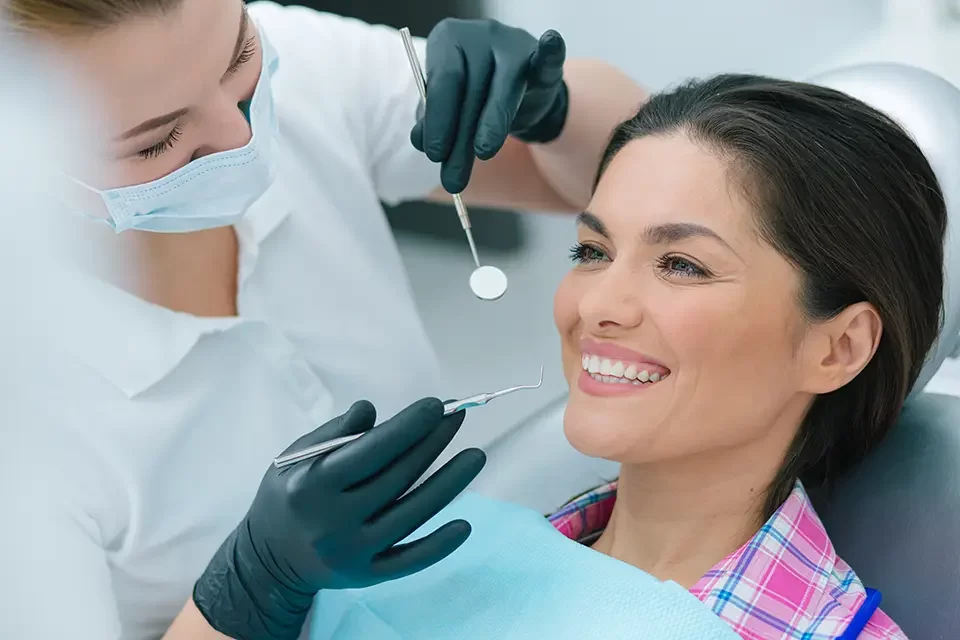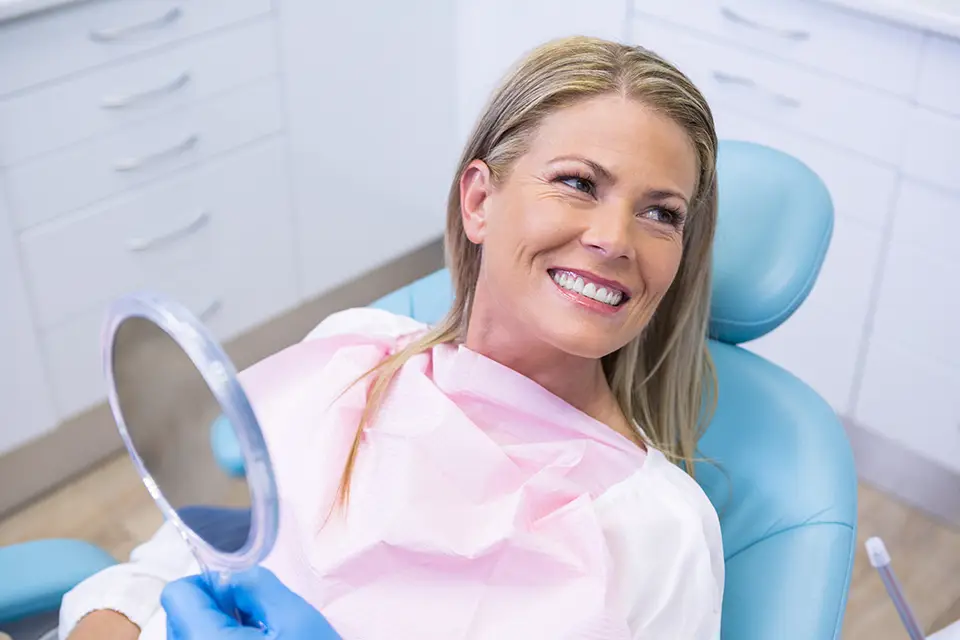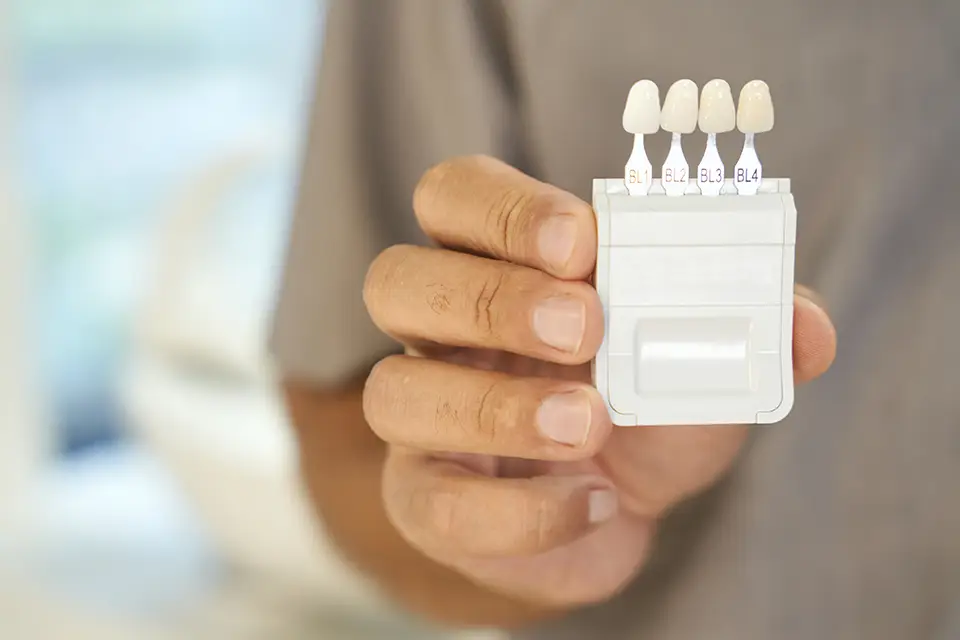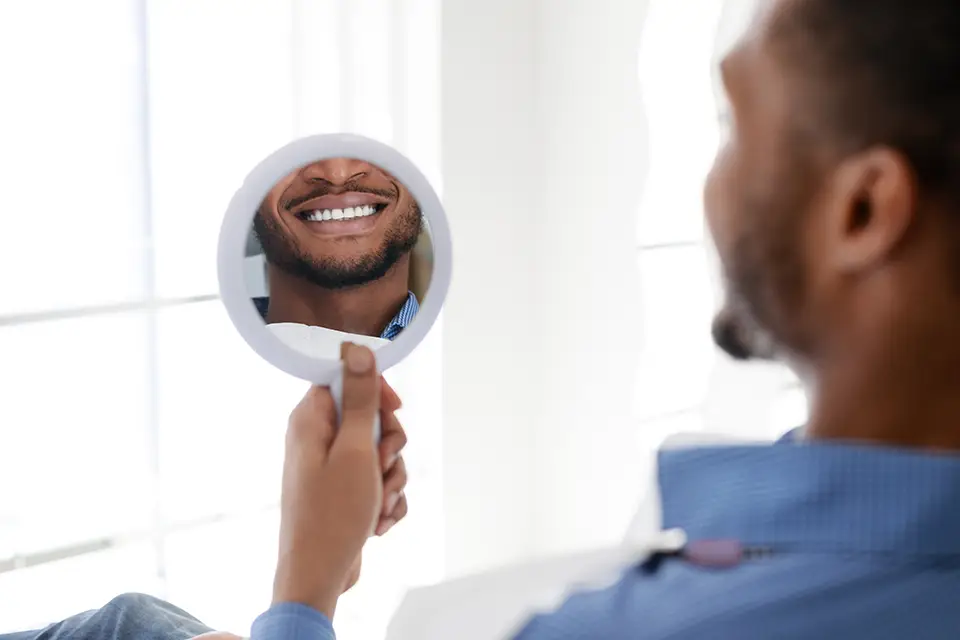If you’re thinking about whitening, bonding, veneers, or a full smile refresh, the first question is often the most human one: does cosmetic dentistry hurt? At King Dental Centre in Alliston, comfort is built into the plan from the first consult to the final polish. Modern techniques, precise numbing, and smart pacing make most aesthetic care feel more like a long hygiene visit than a “big procedure.” Below, we unpack what’s truly felt during common treatments, how we control sensation step by step, and what recovery looks like in real life—so the answer to does cosmetic dentistry hurt stops being a worry and starts being an informed yes-or-no for your specific case.
Does Cosmetic Dentistry Hurt: What "Comfort" Means Today
Pain control is not an afterthought—it’s part of the workflow. Ultra-fine needles, buffered anesthetics, and topical gels mean most patients feel pressure and vibration, not sharp pain. For low-invasiveness options (whitening, minor bonding), many appointments need no numbing at all, which reframes does cosmetic dentistry hurt from a blanket fear into a tailored conversation about your teeth and your sensitivity.

What Different Procedures Feel Like (A Practical Snapshot)
A clear picture beats guesswork. Here’s what patients commonly report—and how we design comfort around it:
- Whitening (in-office): Warmth or zings during/after are the most likely sensations; we pre-treat sensitivity and modulate gel strength/time.
- Bonding (chips, gaps): Usually painless; we work in the outer enamel. If we approach dentine, light numbing keeps things comfortable.
- Minimal-prep veneers: With enamel-focused shaping and isolation, patients feel vibration, not pain; numbing is used for comfort and predictability.
- Traditional veneers/crowns: Local anesthetic prevents pain during shaping; any post-visit tenderness is typically mild and short-lived.
- Gum contouring (minor re-shape): Local anesthetic for a numb, pressure-only experience; post-procedure feels like a scraped knee for a day or two.
Across these, the short answer to does cosmetic dentistry hurt is: not with good planning, precise numbing, and calibrated materials.
Numbing, Sedation, and Timing
Comfort is a sequence. Topical gel dulls the surface; warmed, buffered local anesthetic reduces sting; slow delivery and a pause before we start lets numbness “catch up.” For longer sessions or anxious patients, light oral sedation can dial down the background noise—while you remain responsive and safe. This layered approach is why does cosmetic dentistry hurt increasingly becomes, “I felt pressure, heard sounds, and that was about it.”
Does Cosmetic Dentistry Hurt: Managing Sensitivity Before, During, and After
A few small steps make outsized differences:
- Desensitizing Agents: We apply potassium-nitrate/fluoride gels before whitening and send you home with a compatible paste.
- Isolation & Dry Field: Rubber dam or sectional isolation protects gums and keeps products where they belong.
- Material Choices: Softer “trial” composites for test-drive bonding; gentler whitening concentrations if you’ve had zingers before.
- Gentle Post-Care: Lukewarm foods/drinks for 24 hours, plus a simple schedule for anti-inflammatories if needed.
When patients follow this plan, does cosmetic dentistry hurt usually becomes “brief, manageable sensitivity,” not pain.
Does Cosmetic Dentistry Hurt More with Veneers or Crowns?
Discomfort correlates with depth. Staying in enamel keeps things calm; approaching dentine calls for an anesthetic and slower pacing. With meticulous preparations, micro-adjusted bite checks, and temporaries that actually fit, most post-visit reports are “a bit tender when biting” for a day or two—handled with over-the-counter relief. That’s why our answer to does cosmetic dentistry hurt emphasizes technique: minimal, accurate, and measured.
Healing Timelines You Can Plan Around
Recovery from aesthetic work is short and predictable:
- Whitening: Possible zings day 0–2; usually gone by day 3.
- Bonding/Minor Contouring: Little to no downtime; same-day routine for most.
- Veneers/Crowns: Numbness for a few hours; mild bite tenderness 24–48 hours as tissues settle. Final cementation is typically easier than the prep day.
- Gum Contouring (minor): 24–72 hours of “rubbed” sensation; soft foods help.
Knowing this cadence reframes does cosmetic dentistry hurt into a schedule you can live with—even during a busy week.
Cost vs. Comfort: Investing in a Calmer Experience
Premium anesthetics, isolation systems, and time for careful adjustments are part of the fee. We’re transparent about estimates and why “comfort minutes” matter. It’s not just nicety—less tissue trauma, accurate bite checks, and high-quality temporaries reduce callbacks and make does cosmetic dentistry hurt far less likely to be your post-visit headline.
Does Cosmetic Dentistry Hurt: Choosing the Right Team When You're Pain-Aware
If does cosmetic dentistry hurt is top of mind, ask the questions that predict comfort:
- Assessment Depth: Do they screen for cracks, bruxism, and recession (all sensitivity drivers)?
- Isolation & Materials: What barriers and gel strengths do they use—and why?
- Bite Protocol: How do they verify contacts under function, not just at rest?
- After-Care Access: Same-day tweaks if a temp feels high? A number to call if whitening zings flare
Clear answers mean a calmer experience and fewer surprises.

How King Dental Centre in Alliston Designs Comfortable Cosmetic Care
From consult to final polish, we front-load comfort: topical + buffered anesthetic, measured prep in enamel where possible, conservative whitening cycles, and temporaries that match the planned bite. If does cosmetic dentistry hurt has kept you on the fence, our visit flow, follow-up calls, and easy access for micro-adjustments are built to keep you steady from start to finish.
Conclusion
Modern cosmetic care is more about planning than pain. With precise numbing, conservative techniques, and realistic after-care, most patients describe vibration, pressure, and brief sensitivity—not the horror stories that fuel the question, does cosmetic dentistry hurt. If you’re ready to talk options tailored to your enamel, bite, and schedule, King Dental Centre in Alliston is happy to map a calm path forward. Book a consultation, bring your questions, and leave with a plan that looks good on paper—and feels good in practice.
FAQs — Does Cosmetic Dentistry Hurt
Will whitening make my teeth ache for days?
Most feel transient zings for 24–48 hours at most. We pre-treat with desensitisers, control gel time/strength, and recommend a gentle toothpaste to keep does cosmetic dentistry hurt concerns minimal.
Do veneers require shots, and will getting numb hurt?
We use topical gel, warmed/buffered anesthetic, and slow delivery to keep injections comfortable. During the visit, you should feel pressure, not pain; after, mild bite tenderness is typical and temporary.
I have sensitive teeth already—does cosmetic dentistry hurt more for me?
Sensitivity raises risk for zings, not guaranteed pain. We adjust materials, isolation, and session length to your baseline and often stage care to keep symptoms light and brief.
What if I'm very anxious about drills and sounds?
Noise isn’t pain, but it matters. We offer headphones, pacing breaks, and light oral sedation when appropriate—practical tools that turn does cosmetic dentistry hurt into “this was surprisingly manageable.”
Can bonding or shaping damage my teeth?
When we stay in enamel and follow conservative contours, the tooth remains strong. Thoughtful prep and polished margins support comfort now and longevity later.





